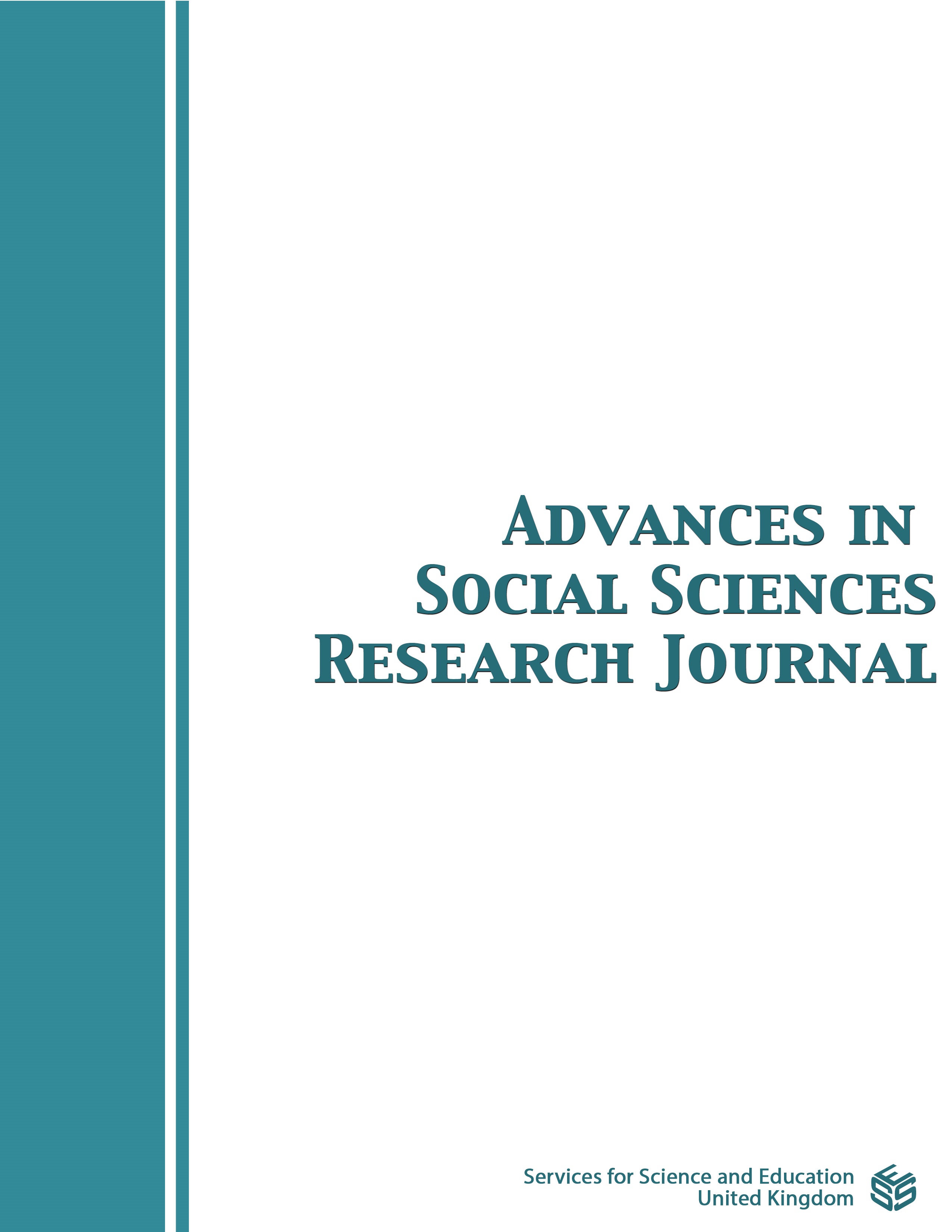Psychosocial Factors and Retention of Female Students in a Health Sciences Program: A Cultural Perspective
DOI:
https://doi.org/10.14738/assrj.113.16643Keywords:
Psychosocial factors, retention of students, Culture, health education, genderAbstract
The problem was at a for-profit private institution in the year 2015-2016, 25% or 35 of the 142 students who withdrew from the university were from the School of Health Sciences. The purpose was to investigate the psychosocial factors that influenced retention in female students enrolled in online degree programs. The generic research design was the descriptive-survey design. Participants were 35 female undergraduate and graduate students enrolled in online degree programs. The data collection instrument was the Survey of Female Adult Learners’ Psychosocial Factors Related to Retention-Adapted. Data analysis for the two research questions included the computation of descriptive statistics (means, standard deviations, frequencies, and percentages) and analysis of variance (ANOVA). Findings for Research Question 1 suggested specific psychosocial factors were critical to retention in online degree programs. For instance, 71.43% of students reported the psycho-social factor, I am a capable person, and 62.86% reported the psycho-social factor; with my ability, I will be able to succeed; were critical to retention. Findings for Research Question 2 indicated that, even though there were differences in the mean scores for the marital status subgroups (not married-single, divorced, and never married). ANOVA showed the differences were not statistically significant, F (1, 33) =.21, p=.65, partial eta squared =.006, for the marital status subgroups.
Downloads
Published
How to Cite
Issue
Section
License
Copyright (c) 2024 Gary Reglin, Yolanda Savoy

This work is licensed under a Creative Commons Attribution 4.0 International License.
Authors wishing to include figures, tables, or text passages that have already been published elsewhere are required to obtain permission from the copyright owner(s) for both the print and online format and to include evidence that such permission has been granted when submitting their papers. Any material received without such evidence will be assumed to originate from the authors.






